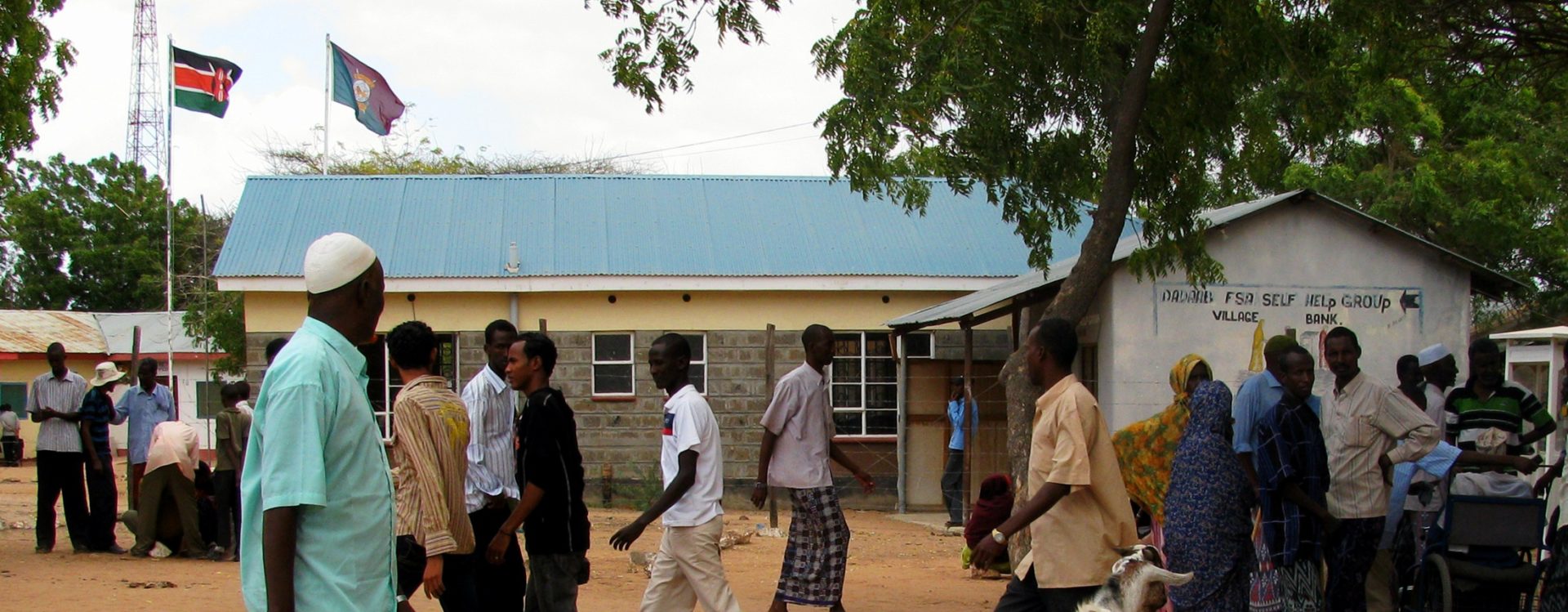How do you successfully carry out fieldwork in a study location you have never been to before? Where do you start?
This is the question that Laterite Kenya’s Data Operations Associate, Anne Wagaturi, regularly encounters in her daily work. In this blog, Anne shares tips on how to prepare properly for fieldwork in a new location.
1. Take an exploratory trip to the new location
A pre-trip before starting the project to understand the area is essential when planning logistics for fieldwork. During the pre-trip, we can, for instance, check how reliable power access is for charging the tablets we use for electronic data collection. We can also check whether we need to provide power banks to the teams or not. We also investigate whether internet reception is strong enough to upload survey data or whether the teams will have to travel to a central place with a better connection. The pre-trip also helps us understand the transport network, road conditions as well as accommodation options for the teams.
We recently completed a data collection project with primary schools from Mombasa and Kilifi counties. During the pre-visit, we learned that two of the sampled schools were located on islands and therefore not easily accessible by our enumerators. This allowed us to replace the schools before the project started, avoiding unexpected additional costs (such as boat hire) during data collection. The pre-trip can be combined with seeking approvals and getting to know key local actors such as officials from government ministries, and project implementers.
2. Get to know the respondents’ routine
Respondents generously give their time to speak to our teams, and we want to return that goodwill by minimizing disruption to their daily lives. Kenya is culturally diverse, so it’s important to get a good understanding of the respondents’ culture, and plan around their schedules.
For example, we recently completed a phone survey data collection with refugee households in Dadaab, Kakuma and Kalobeyei camps in Northern Kenya. While planning daily field plans, we understood that most of the respondents in the Daadab camp are from the Muslim community and therefore Friday is their day of worship. So we organized the daily field plan to make sure we were not interviewing these households on a Friday.
3. Recruit a strong, local team
Kenya is also linguistically diverse. While English is the official language, there are more than 60 indigenous languages in the country. This means it’s essential that enumerators can communicate well in the local language and understand the local customs. Instead of sending someone from the capital Nairobi, it’s important to recruit field staff from where the data collection will take place. Local teams can provide quick access to information about local conditions and customs that is not readily available to outsiders.
Fieldwork experience is also important. Most projects have a tight deadline and the time required to train the enumerators depends on their level of education and experience. A highly educated and experienced team can be trained in a week, while a less experienced team may need two weeks to understand, internalize and develop confidence in administering surveys. In addition, an experienced team is more likely able to handle unforeseen challenges in the field.
Recent university graduates make excellent enumerators – they have the passion to travel and learn, are comfortable with technology, and are willing to make the three-hour trek to reach a randomly selected household in a remote area.
4. Comply with local approval procedures
Complying with local approval procedures generates local confidence in the research goals of a project and can also contribute to strengthening local oversight capacity. This leads the way to cooperation with local authorities, which in turn creates the trust we need to create an environment where respondents feel safe to provide honest answers.
In a recently completed data collection project with primary schools, we invested in getting buy-in from the start with the Ministry of Education at the county and sub-county offices. We informed them of the research and shared with them the ethical approvals as well as letters of support from the Ministry of Education. The sub-county education officers informed the schools’ leaders of our planned visit. During the actual school visits, the school leaders were aware of our presence and provided the necessary support to our enumerators. This enabled a smooth data collection process.
Effective fieldwork requires thorough preparation to make the visits to the field as smooth and productive as possible. This preparation is key to delivering data collection projects within budget, collecting good quality data, and being respectful of respondents’ time.
This blog was written by Anne Wagaturi, Data Operations Associate at Laterite Kenya.
Cover image by globalhealthcsis via Wikimedia Commons.
